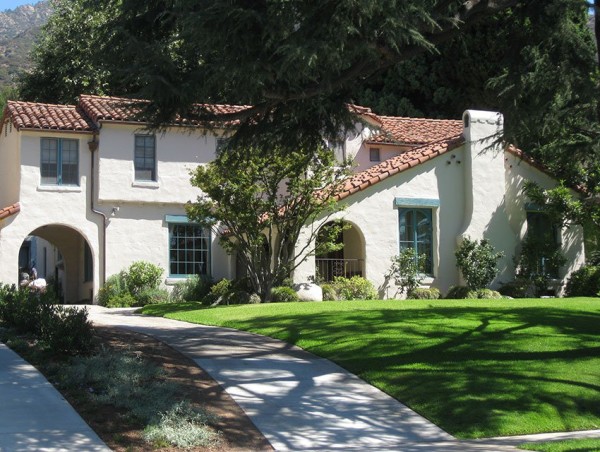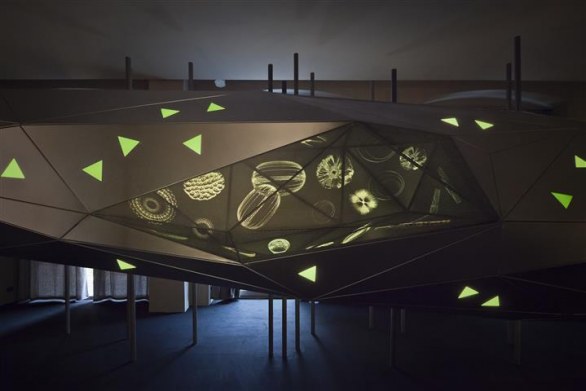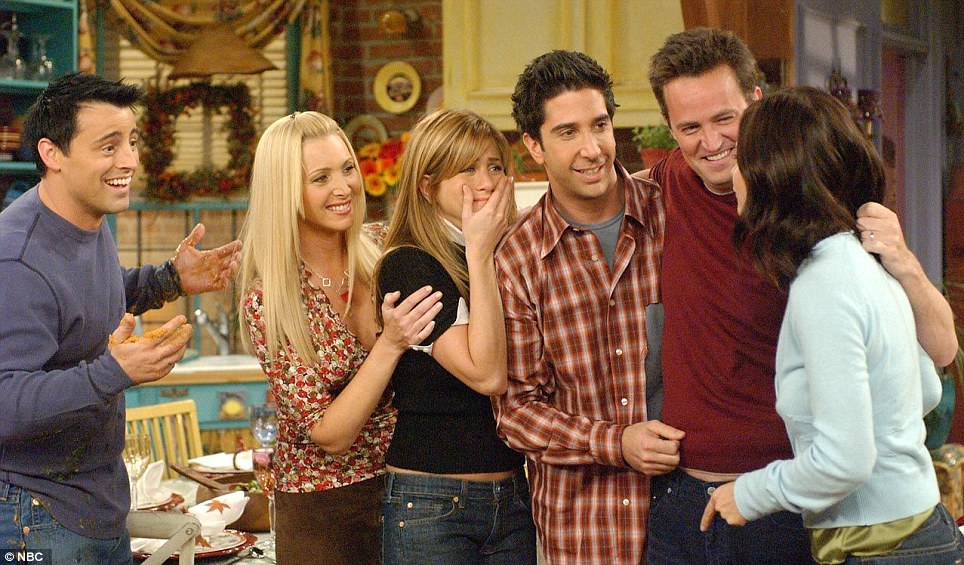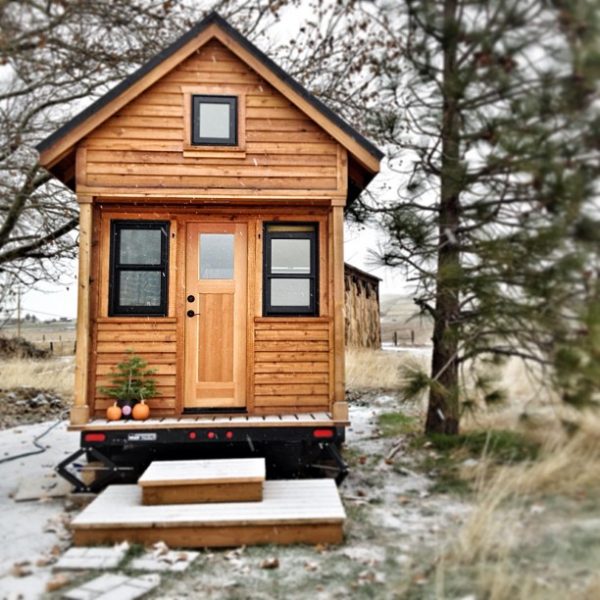
Why Tiny? 3 Economic Reasons To Live in a Tiny Home
As small home movement spreads across the U.S., tiny houses are popping up in cities like New York, San Francisco and Vancouver, and even in unlikely places like Chicago, Edmonton, and Spokane. What’s driving the trend? Why are many people abandoning their big houses for a 200-square-foot or less abode? The reasons are mainly economic, and here are some of those.
Zero Mortgage
Image how your life would be different if you were free from debt. Moving to a tiny house can downside your mortgage, if not pay it off entirely. As a matter of fact 65% of seniors who have chosen to retire in a tiny home have zero debt, according to a report by Senior Planet.
Lower Utility Bills

Living in a large home means having large rooms to heat or cool, resulting high utility bills, which can take up a significant portion of your monthly budget.
This problem is non-existent in a small home. It requires less money to heat, cool, and furnish. It cuts down your monthly expenses, allowing you to enjoy most of your income.
Cost Less to Own
The upfront cost of owning a tiny house is relatively smaller compared to owning a large house. You can own one for less than $10,000, which means less or zero mortgage to pay for you. Not to mention, you can choose to build it yourself.
Earn Extra Income
If you are not yet ready to sell your large house but like the idea of living small, you can get yourself a tiny home and put your house on rent.
Doing so will not only help you create an additional source of income, but also help you pay off your mortgage.
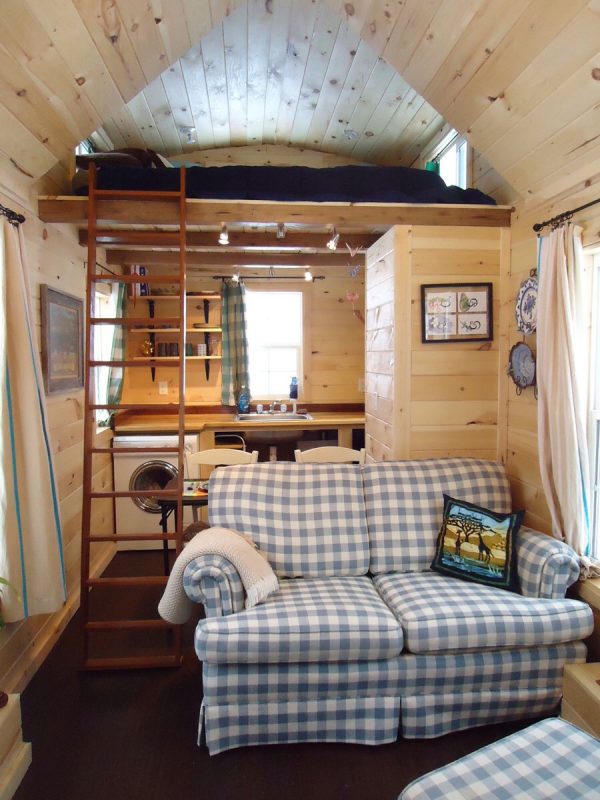
Less Stuff to Buy
Probably, one of the most positive things about living in a small home is that can help you avoid the temptation to acquire more stuff. With little floor space left to store things, you’ll be forced to thoroughly think through your buying choices.

